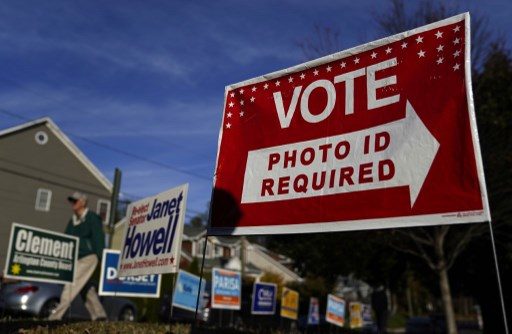SUMMARY
This is AI generated summarization, which may have errors. For context, always refer to the full article.

MIAMI, USA – The Florida Supreme Court said Thursday, January 16 that ex-felons must pay fines before registering to vote, a decision that affects 1.4 million people who were caught in a debate between state government and rights groups.
Allowing ex-felons, a large portion of whom are black, Hispanic, or poor, onto the voting rolls could affect election outcomes at all levels, including the swing state’s choice for US president, including in 2020.
In November of 2018, Florida voters taking part in a referendum known as Amendment 4 agreed to restore the voting rights of the former convicts, except those who had served time for murder or sex crimes.
But the Republican-dominated state legislature created another bill which Governor Rick DeSantis, a Republican, signed into law in June.
It stated that people recovering their right to vote must first settle any outstanding debts they have with the courts. This can be in the thousands or even tens of thousands of dollars and beyond many people’s means.
The Florida Supreme Court sided with DeSantis stating that all LFOs, or legal financial obligations, must be paid.
It said that a person was barred from voting under “all terms of sentence” – which not only applies to periods of incarceration but also “all LFOs imposed in conjunction with an adjudication of guilt.”
These financial obligations include fines, fees and court costs, which are often so steep they cannot be paid.
Critics argue that the state supreme court’s interpretation limits the number of former felons who will be able to register, and accuse Republican lawmakers of impeding minority voting.
“The Florida Supreme Court’s decision is disappointing and cuts the 1.4 million people who voters expressly intended to re-enfranchise almost in half,” said Nancy Abudu, deputy legal director of the Southern Poverty Law Center.
Desmond Meade, executive director of the Florida Rights Restoration Coalition, which worked to promote Amendment 4, said that it represented “the largest expansion of democracy in 50 years.
“We have remained consistent about what completion of sentence means,” he said, adding that he would continue to fight for former felons’ right to vote. – Rappler.com
Add a comment
How does this make you feel?
There are no comments yet. Add your comment to start the conversation.